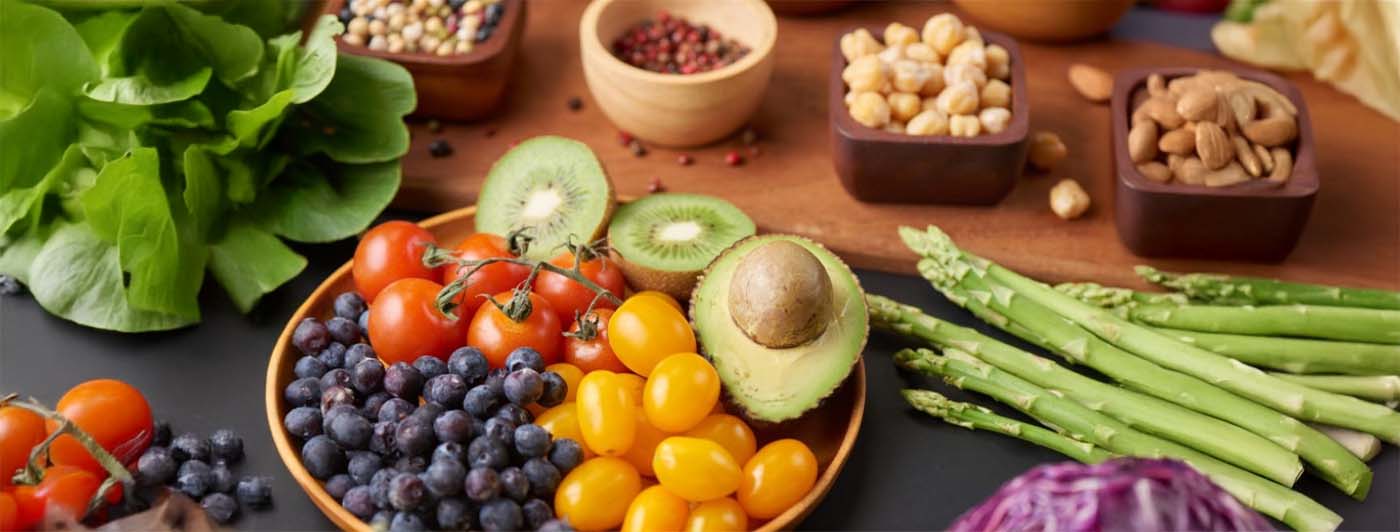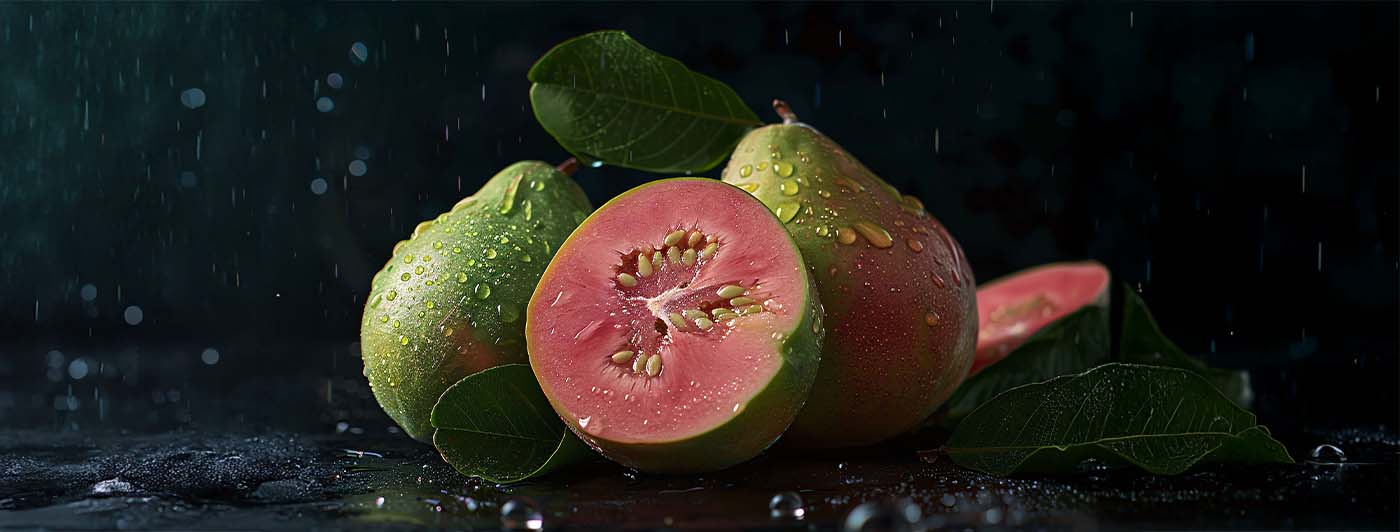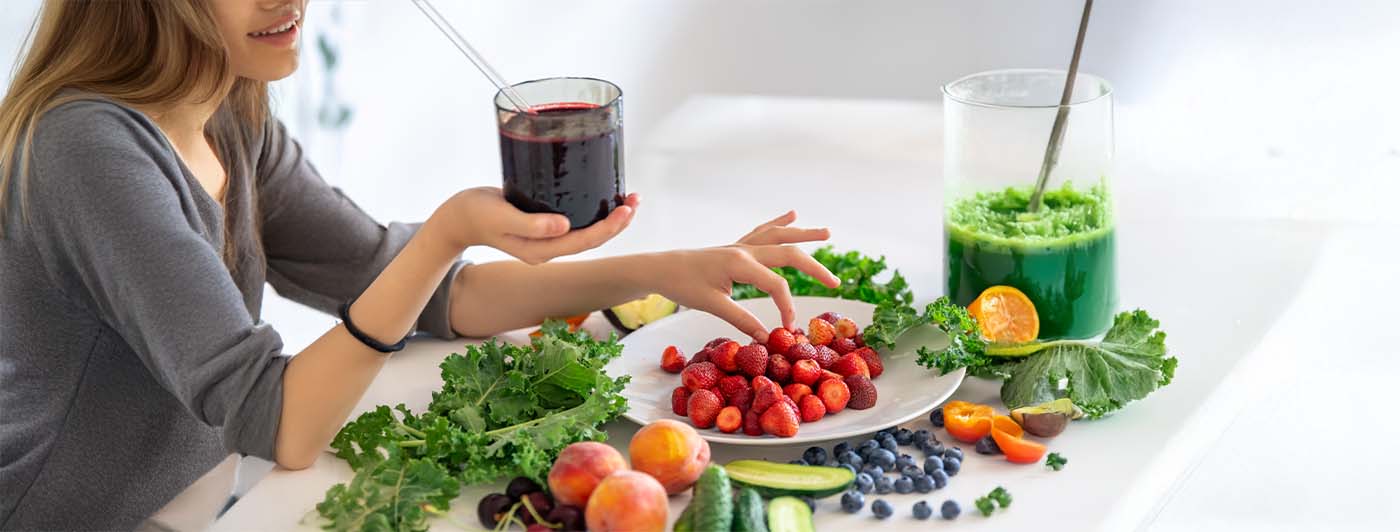Feeling constantly low on energy, catching colds too often, or struggling with poor recovery after workouts? The missing link could be a single underrated nutrient—zinc. While we often hear about protein, calcium, and iron in vegetarian diets, zinc doesn’t get the spotlight it deserves.
Maintaining a robust immune system is more important than ever—and zinc plays a crucial role in that. It helps produce and activate T-cells, which are vital for immune responses. But for vegetarians, getting enough zinc through diet can be challenging, as many zinc-rich animal sources like red meat and shellfish are off-limits.
Luckily, nature offers an array of zinc rich foods for vegetarians that not only support immunity but also provide key nutrients like iron, fiber, and plant protein —essential for overall energy and wellness. In this article, we’ll explore the top 11 vegetarian-friendly sources of zinc that can help you meet your daily requirements, strengthen your immunity, and promote overall wellness.
Why Zinc Matters for Vegetarians
Zinc is a vital trace mineral involved in over 300 enzymatic reactions and countless physiological functions—from immune modulation and DNA synthesis to wound healing and antioxidant defense. It supports hormone regulation, skin health, and overall metabolic integrity.
However, vegetarians need to be especially mindful of their zinc intake. While many plant-based foods do contain zinc, they also tend to be high in phytates—naturally occurring compounds that can bind to zinc and inhibit its absorption in the body.
According to a study, zinc absorption using isotopic tracers and found that while fractional absorption rates were relatively similar between vegetarian and meat-based diets (23% vs. ~27%), total absorbed zinc was significantly lower in the vegetarian group—only about 1.8 mg/day compared to 2.7 mg/day in those consuming meat-based diets. This underscores the importance of not just zinc content, but bioavailability in vegetarian sources.
That’s why including a diverse mix of zinc rich foods for vegetarians—along with preparation techniques like soaking, sprouting, or fermenting—is essential to help optimize absorption and meet the body’s needs naturally.
Top 11 Zinc Rich Foods for Vegetarians
1. Pumpkin Seeds (Pepitas)
Pumpkin seeds are a zinc superstar. Just 100 grams can offer over 7 mg of zinc—nearly 65% of the recommended daily intake (RDI) for adults. They're also rich in healthy fats, magnesium, and are considered a DHT blocker food, making them a favorite among those looking to support hormonal balance naturally.
Pro Tip: Lightly roast them for better absorption and flavor.
2. Chickpeas
One of the most versatile legumes, chickpeas are rich in plant-based protein and zinc. A cup of cooked chickpeas provides about 2.5 mg of zinc. They’re also loaded with fiber and iron—great for gut and blood health.
Use them in hummus, salads, or as a crispy roasted snack to add variety to your zinc rich foods for vegetarians list.
3. Cashews
Cashews are a tasty way to meet your zinc needs. A small handful (about 28g) contains 1.6 mg of zinc. They also provide healthy fats and are incredibly filling—great for snacking without the guilt.
Cashew butter can also be a creamy addition to smoothies or toast, helping increase your plant protein intake naturally.
4. Paneer (Cottage Cheese)
Dairy lovers, rejoice! Paneer is not only a great source of calcium and protein but also provides moderate amounts of zinc. About 100 gm paneer protein offers 18 grams of protein and around 1.2 mg of zinc.
Use it in Indian curries or grill it with herbs for a healthy snack. Combine with fiber rich vegetables like spinach and bell peppers for a complete meal.
5. Hemp Seeds
Hemp seeds are gaining traction as a superfood. With about 5 mg of zinc per 100g, they pack a serious mineral punch. Plus, they contain all nine essential amino acids—rare in plant-based foods.
Ideal for smoothies, salads, and even baked goods. These seeds are an integral part of zinc rich foods for vegetarians that multitask.
6. Lentils
Cooked lentils offer about 1.3 mg of zinc per cup and are a staple in many vegetarian households. They’re also high in iron, protein, and fiber—key components for overall health.
A comforting bowl of dal with brown rice or millets makes for a nutrient-dense, zinc-rich Indian meal. Pair it with a side of citrus or berries—some of the best vitamin B12 fruits alternatives in fortified form—to support better nutrient absorption and boost energy levels naturally.
7. Oats
Oats are a nutritional powerhouse. Not only are they high in fiber (especially beta-glucans that support heart health), but a cup of cooked oats gives around 2.3 mg of zinc.
Start your day with overnight oats, or add a spoon of plant based protein powder for an extra morning boost.
8. Tofu and Tempeh
Both tofu and tempeh are excellent zinc rich foods for vegetarians, offering 1.5 to 2 mg per 100g serving. They’re also packed with iron, calcium, and are considered among the best plant based protein sources.
Grill, stir-fry, or marinate them—ideal for salads and wraps. Tofu also fits perfectly into a vitamin B12 fruits and veggies bowl for a balanced plant-based plate.
9. Quinoa
Quinoa is a gluten-free pseudograin that provides around 1 mg of zinc per cooked cup. It’s one of the few plant-based foods that contain all nine essential amino acids, making it a complete protein source—ideal for vegetarians aiming to balance their nutrient intake.
It’s also packed with magnesium, iron, and antioxidants, supporting energy levels and cellular health. Use quinoa as a base for hearty salads or pair it with biotin rich foods like avocado, sweet potato, or nuts to create a beauty-boosting bowl that’s as nourishing as it is delicious. It's a must-have in your list of zinc rich foods for vegetarians.
10. Amaranth (Rajgira)
Amaranth is a nutrient-dense ancient Indian grain, offering about 2 mg of zinc per 100g. It’s naturally gluten-free, rich in iron, and an excellent source of lysine—a vital amino acid involved in collagen synthesis and tissue repair.
Thanks to its low-carb and high-protein profile, amaranth fits well into an Indian keto diet plan, especially when used as flour in rotis, laddoos, or warm breakfast porridges. It's one of the lesser-known but highly effective zinc rich foods for vegetarians.
11. Mushrooms
Mushrooms, particularly shiitake and crimini, contain moderate levels of zinc (1 mg per 100g) and are a rich source of B-vitamins and antioxidants.
Add them to soups, stir-fries, or grill them whole. Bonus: they're low in calories and rich in umami flavor!
Tips to Maximize Zinc Absorption from Plant-Based Foods
Even the best zinc rich foods for vegetarians can underdeliver if not absorbed well. Here’s how to enhance zinc bioavailability:

-
Soak, sprout, or ferment legumes and grains to reduce phytate content.
-
Avoid tea or coffee with zinc-rich meals, as they contain polyphenols that inhibit absorption.
-
Include vitamin C in your meals—it enhances overall mineral absorption.
-
Balance your protein intake. Use tools like a protein intake calculator to ensure you’re meeting your daily requirements.
And yes, if you’re wondering, 1 roti protein content is about 2–3 grams depending on the flour used—so pairing it with lentils or paneer makes it more nutritious and zinc-packed.
Common Signs of Zinc Deficiency in Vegetarians
Not sure if you’re getting enough zinc? Here are some signs to look out for:
-
Frequent colds and infections
-
Hair thinning or hair loss
-
Poor wound healing
-
Skin issues like acne or rashes
-
Loss of taste or smell
-
Brain fog or lack of focus
If you’re experiencing any of these symptoms, it’s a good idea to consult a healthcare professional. For many vegetarians, increasing intake of zinc rich foods for vegetarians—like pumpkin seeds, lentils, cashews, and oats—can make a significant difference.
Closing Thoughts
You don’t need meat to meet your zinc needs—just a smart, well-balanced vegetarian diet. By combining seeds, legumes, grains, and fermented foods, you can naturally boost your immunity, improve skin and hair health, and fuel your body from the inside out.
Take the first step today. Add more zinc rich foods for vegetarians to your plate and complement your diet with clean sources like Plantigo plant protein —crafted to support your wellness journey with no junk, just real nutrition.
Your immune system, your energy levels, and your future self will thank you.
FAQs About Zinc Rich Foods for Vegetarians
1. Can vegetarians meet their zinc needs through food alone?
Yes, vegetarians can get enough zinc through a well-balanced diet rich in legumes, whole grains, nuts, seeds, and dairy. Including a variety of zinc rich foods for vegetarians—such as lentils, chickpeas, pumpkin seeds, and paneer—helps maintain optimal levels. Preparation methods like soaking and fermenting can further enhance zinc absorption.
2. Why is zinc harder to absorb on a vegetarian diet?
Many vegetarian foods contain compounds called phytates, found in whole grains and legumes, which bind to zinc and reduce its absorption in the body. This makes zinc bioavailability lower in vegetarian diets compared to meat-based diets. That’s why vegetarians need to eat zinc-rich foods more strategically.
3. What are the best vegetarian foods high in zinc?
Some of the best zinc rich foods for vegetarians include pumpkin seeds, hemp seeds, chickpeas, cashews, oats, lentils, quinoa, tofu, tempeh, paneer, and mushrooms. These foods also provide protein, fiber, and healthy fats—making them excellent choices for overall wellness.
4. What are signs of zinc deficiency in vegetarians?
Vegetarians who aren’t getting enough zinc may experience frequent colds, hair loss, poor wound healing, acne, brain fog, or loss of taste and smell. These are common symptoms of zinc deficiency, especially when bioavailability is low due to phytates in the diet.
5. How can vegetarians improve zinc absorption naturally?
To improve zinc absorption without supplements, vegetarians should soak or sprout legumes and grains, include vitamin C-rich foods in meals, and avoid tea or coffee around mealtime. These simple habits can boost how effectively the body absorbs zinc from plant-based sources.












